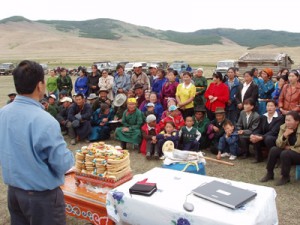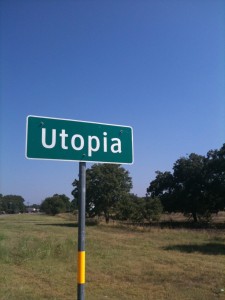 Since finding out about PCS Phosphate’s plans to build a sulfur melting facility at the Morehead City Port, the community has been swift to organize in opposition of the plant. Some of the reaction is in genuine concern about the environmental and economic impacts of the plant, but most if it circles around the fact that by the time the first public articles were released about the plant, permits had been signed and to many, the plan seemed like a done deal. All without input or comment from the public, or even from much of the Morehead City leadership.
Since finding out about PCS Phosphate’s plans to build a sulfur melting facility at the Morehead City Port, the community has been swift to organize in opposition of the plant. Some of the reaction is in genuine concern about the environmental and economic impacts of the plant, but most if it circles around the fact that by the time the first public articles were released about the plant, permits had been signed and to many, the plan seemed like a done deal. All without input or comment from the public, or even from much of the Morehead City leadership.
The permit issuers are just doing their jobs – but the situation begs a larger review of state agency activity. Many state employees feel like it would help them to collaborate with people in another agency (eg regarding mercury in the Cape Fear), and in cases like this, an approach agency-by-agency can leave out the big picture. In this case, the big picture is that PCS Phosphate has yet to do a full environmental impact statement or collect any comments on the project as a whole. Sure, 4.5 kg of hydrogen sulfide a day seems ok (air permit), and it fits with the industrial zoning of the port (zoning permit). But will the addition of emitting industries compete with the tourist industry? We have no idea. In previous cases, such as the Titan Cement case in Wilmington, this has left the company open for lawsuits that have been tied up in court for years.
Read More “PCS Phosphate: Participation is necessary, whether or not it’s required” »


